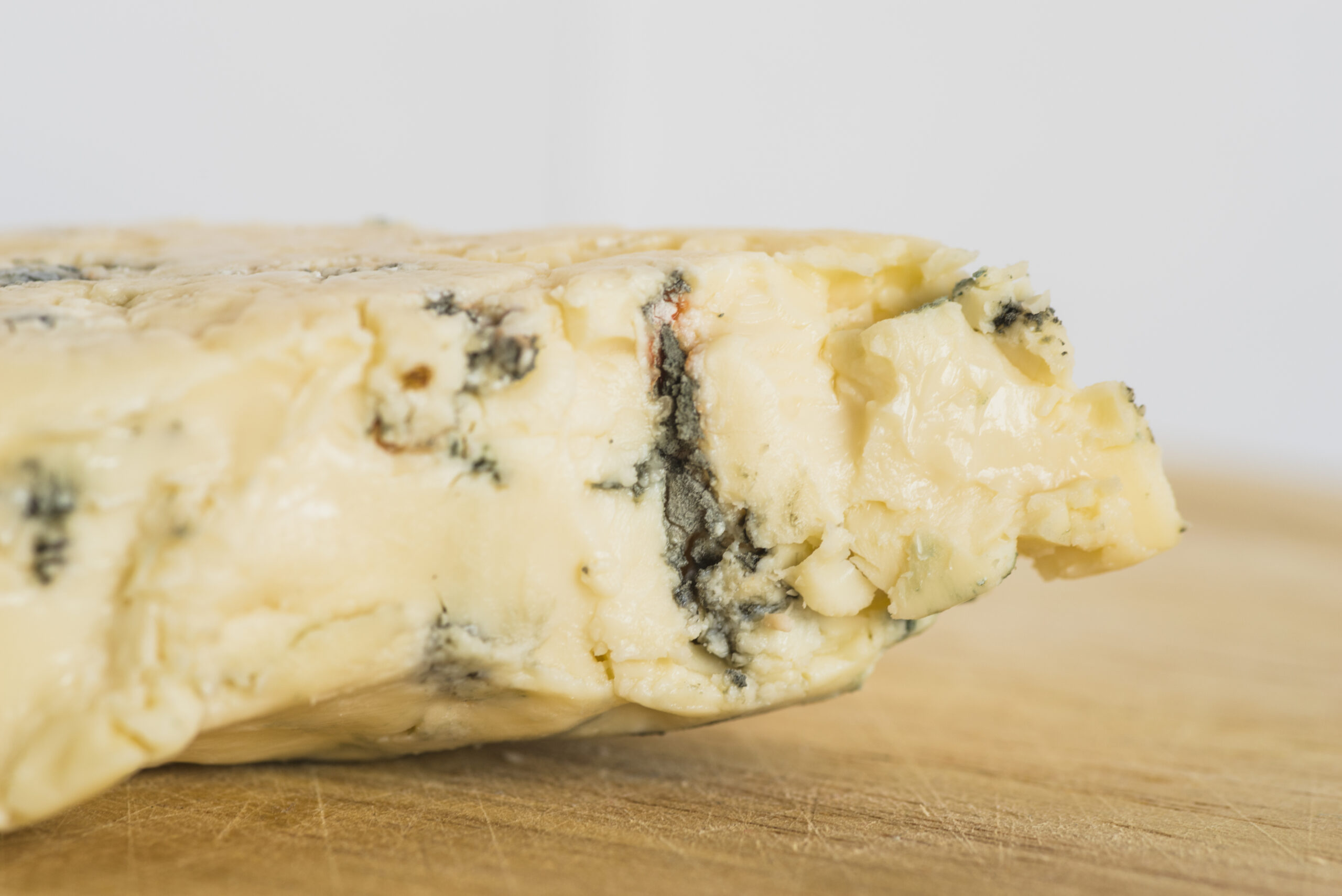Mold-ripened cheeses like Lunchly Mold Cheese have been enjoyed for centuries, offering unique flavors and textures. However, many people wonder: Is Lunchly Mold Cheese safe to eat? The answer isn’t straightforward—while some molds enhance cheese’s taste and nutritional value, others can pose health risks.
In this article, we’ll explore the safety, benefits, and potential risks of Lunchly Mold Cheese, helping you make an informed decision about including it in your diet.
What Is Lunchly Mold Cheese?
Lunchly Mold Cheese is a type of cheese that undergoes a controlled mold-ripening process. Unlike spoiled cheese, which develops harmful bacteria, this variety uses specific edible molds (like Penicillium) to develop its distinct flavor and creamy texture.
Popular examples include Brie, Camembert, and Blue Cheese, but Lunchly Mold Cheese stands out for its balanced taste and artisanal quality. The mold contributes to its soft, spreadable consistency and rich umami flavor.
Is Lunchly Mold Cheese Safe to Eat?
Yes, Lunchly Mold Cheese is generally safe for most people when produced under regulated conditions. The molds used (such as Penicillium camemberti or Penicillium roqueforti) are non-toxic and intentionally introduced during cheesemaking.
When Is Mold on Cheese Unsafe?
Not all molds are safe. If you see unexpected mold growth on hard cheeses (like Cheddar or Parmesan), it’s best to cut off at least an inch around the affected area. However, soft cheeses (like Lunchly Mold Cheese) with unintended mold should be discarded, as harmful bacteria can spread throughout.
Who Should Avoid Lunchly Mold Cheese?
-
Pregnant women (due to risk of listeria)
-
People with mold allergies
-
Those with weakened immune systems
Health Benefits of Lunchly Mold Cheese
Despite concerns, Lunchly Mold Cheese offers several health benefits:
1. Rich in Probiotics
The beneficial molds and bacteria in Lunchly Mold Cheese promote gut health by supporting a balanced microbiome.
2. High in Protein and Calcium
Like other cheeses, Lunchly Mold Cheese provides essential nutrients for bone health and muscle function.
3. Contains Bioactive Compounds
Some studies suggest that mold-ripened cheeses contain anti-inflammatory and antioxidant properties.
4. Enhances Flavor Without Excess Sodium
The intense taste of Lunchly Mold Cheese means you can use less salt while still enjoying a flavorful dish.
Potential Risks of Eating Lunchly Mold Cheese
While Lunchly Mold Cheese is generally safe, there are some risks to consider:
1. Listeria Contamination
Soft cheeses have a higher risk of Listeria monocytogenes, a bacteria that can cause severe infections in vulnerable individuals.
2. Histamine Content
Aged cheeses like Lunchly Mold Cheese contain histamines, which may trigger headaches or allergic reactions in sensitive people.
3. High Fat Content
Moderation is key, as excessive consumption can contribute to high cholesterol levels.
How to Safely Enjoy Lunchly Mold Cheese
To minimize risks while enjoying Lunchly Mold Cheese, follow these tips:
✔ Buy from reputable producers (ensures proper mold cultivation)
✔ Store properly (keep refrigerated and consume before expiration)
✔ Check for unusual smells or colors (signs of spoilage)
✔ Pair with antioxidants (like nuts or fruits to balance histamines)
Frequently Asked Questions (FAQs)
1. Can I eat the rind on Lunchly Mold Cheese?
Yes! The rind is edible and adds to the cheese’s complex flavor.
2. How long does Lunchly Mold Cheese last?
Typically 1-2 weeks in the fridge, but check the label for specifics.
3. Is blue cheese the same as Lunchly Mold Cheese?
Blue cheese is a type of mold-ripened cheese, but Lunchly Mold Cheese refers to a broader category including Brie and Camembert.
Conclusion: Should You Eat Lunchly Mold Cheese?
Lunchly Mold Cheese is a delicious and nutritious option for most cheese lovers. While it offers probiotics, protein, and unique flavors, certain groups (like pregnant women) should avoid it due to potential risks.
By choosing high-quality Lunchly Mold Cheese and storing it correctly, you can safely enjoy its rich taste and health benefits. Always listen to your body and consult a doctor if you have concerns about mold allergies or food safety.
Would you try Lunchly Mold Cheese? Let us know in the comments!



Leave a Comment